
In today’s fast-paced digital era, businesses are under constant pressure to deliver flawless digital experiences. Customers expect applications to be fast, available around the clock, and secure. Behind these seamless experiences lies a discipline that has rapidly gained attention—Site Reliability Engineering (SRE). More than just a technical function, SRE plays a pivotal role in driving digital transformation, helping organizations innovate without compromising on stability and performance.
Bridging the Gap Between Innovation and Reliability
One of the biggest challenges in digital transformation is balancing the push for rapid innovation with the need for reliable systems. Traditional IT operations often slow down innovation because of rigid processes, while development teams struggle with frequent outages or performance bottlenecks. SRE changes this equation by embedding reliability into the DNA of software development.
By combining software engineering practices with operational excellence, SRE teams create a foundation where innovation can happen at speed—without compromising uptime. This alignment allows companies to release new features quickly while ensuring services remain stable and customer trust stays intact.
Enabling Automation and Scalability
Digital transformation is not just about adopting new technologies; it’s about scaling them efficiently. Manual processes are no longer sustainable when companies manage hundreds of microservices or operate on global cloud platforms. SRE brings automation at its core.
From automated incident response systems to self-healing infrastructure, SRE teams leverage automation to minimize human intervention, reduce errors, and ensure systems scale effortlessly as demand grows. This scalability ensures that organizations can keep pace with growing user bases and market expansion while maintaining consistent service levels.
Elevating Customer Experience
At the heart of digital transformation lies the customer experience. Businesses that cannot deliver seamless, fast, and reliable digital services risk losing customers to competitors. SRE directly influences this experience by proactively identifying and resolving issues before they affect end-users.
Through monitoring, observability, and performance optimization, SRE ensures that digital services meet customer expectations. Metrics like latency, uptime, and error rates become more than just technical numbers—they are business-critical indicators that define customer loyalty and satisfaction.
Fostering a Culture of Collaboration
Digital transformation requires more than technology—it demands cultural change. SRE encourages a collaborative mindset between development and operations teams. By introducing practices like Service-Level Objectives (SLOs) and error budgets, SRE fosters a shared responsibility for system performance.
This cultural shift breaks down silos, making organizations more agile and adaptive. Development teams gain confidence to innovate faster, while operations teams move from firefighting to strategic improvement. Ultimately, this collaborative culture accelerates transformation initiatives.
Driving Business Outcomes with Data
Every digital transformation journey is measured by outcomes—revenue growth, customer retention, and competitive advantage. SRE contributes to these outcomes through data-driven decision-making. By continuously analyzing performance metrics and system behaviors, SRE provides insights that help businesses prioritize improvements and allocate resources effectively.
This analytical approach not only improves system reliability but also ensures that business goals and IT initiatives remain tightly aligned. In essence, SRE transforms reliability from a technical metric into a measurable business advantage.
Boosting Your Career with SRE Certification
As organizations increasingly adopt SRE practices, the demand for skilled professionals is growing at an unprecedented pace. Earning an SRE Certification can significantly enhance your career prospects. Certifications validate your expertise in reliability engineering, automation, monitoring, and incident management—skills that are highly valued in today’s digital-first world.
An SRE certification not only makes your profile stand out to employers but also positions you as a key contributor to digital transformation initiatives. Whether you aim to move into leadership roles or specialize in advanced reliability practices, certification gives you the credibility and confidence to accelerate your professional journey.

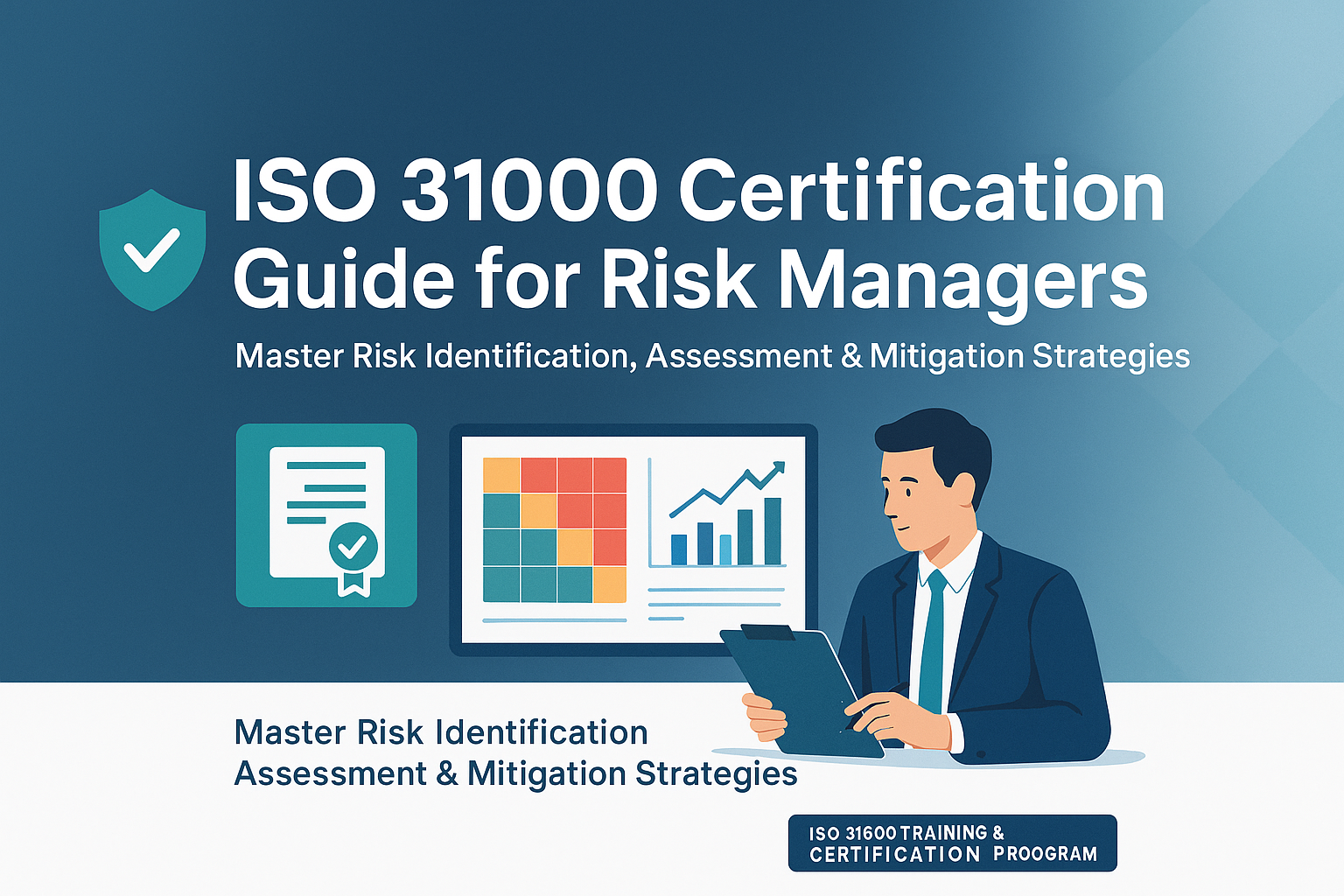
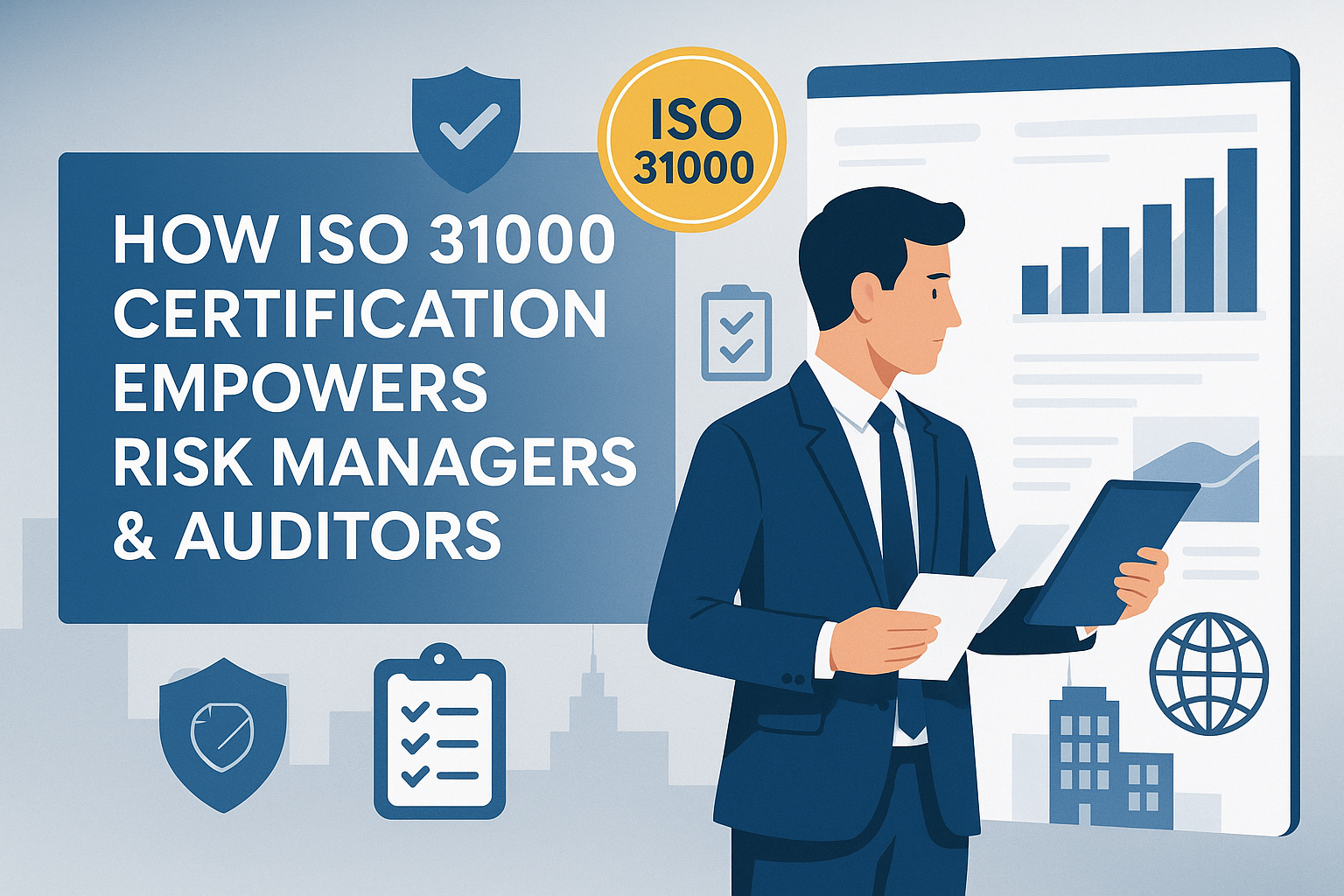
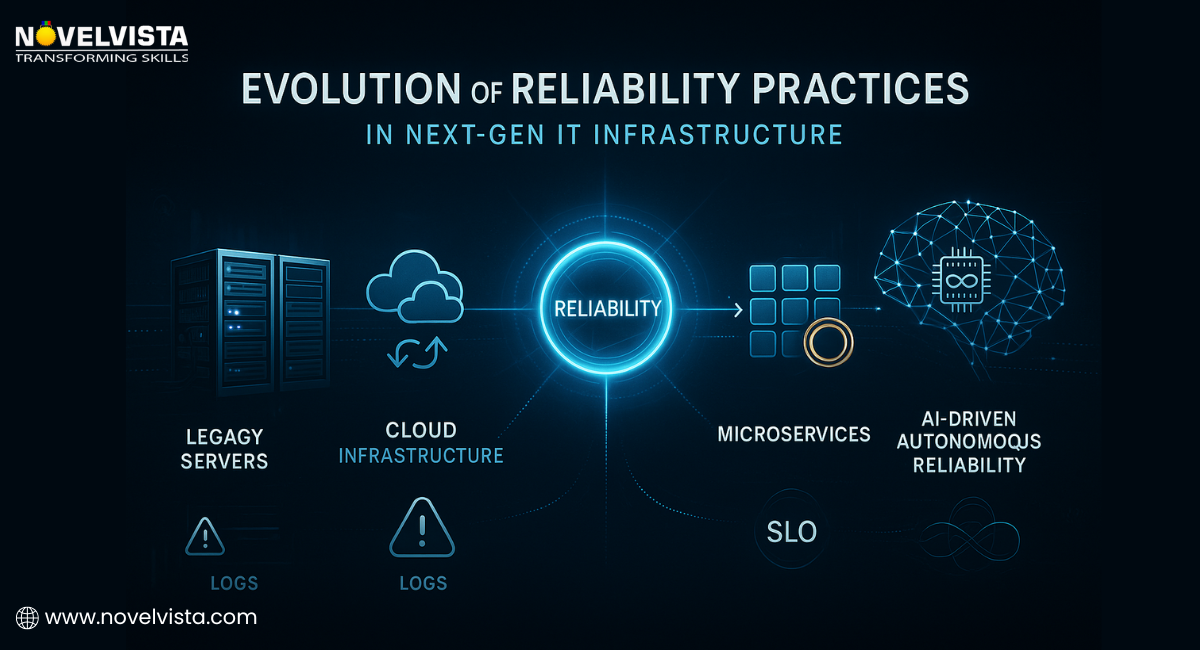

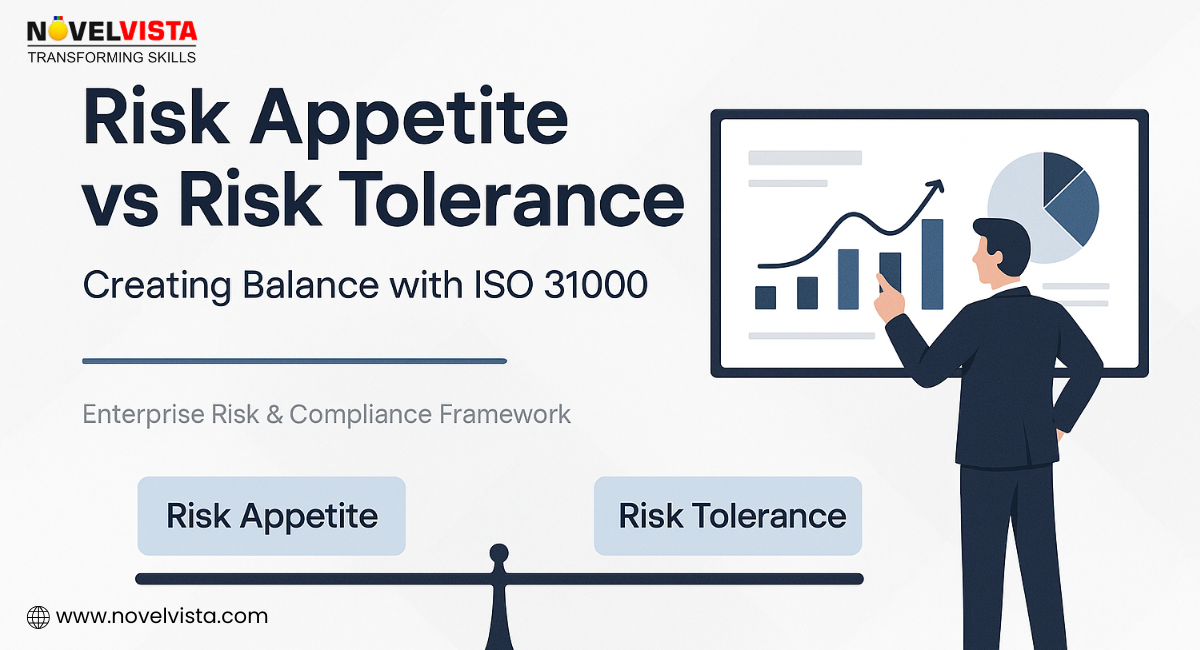


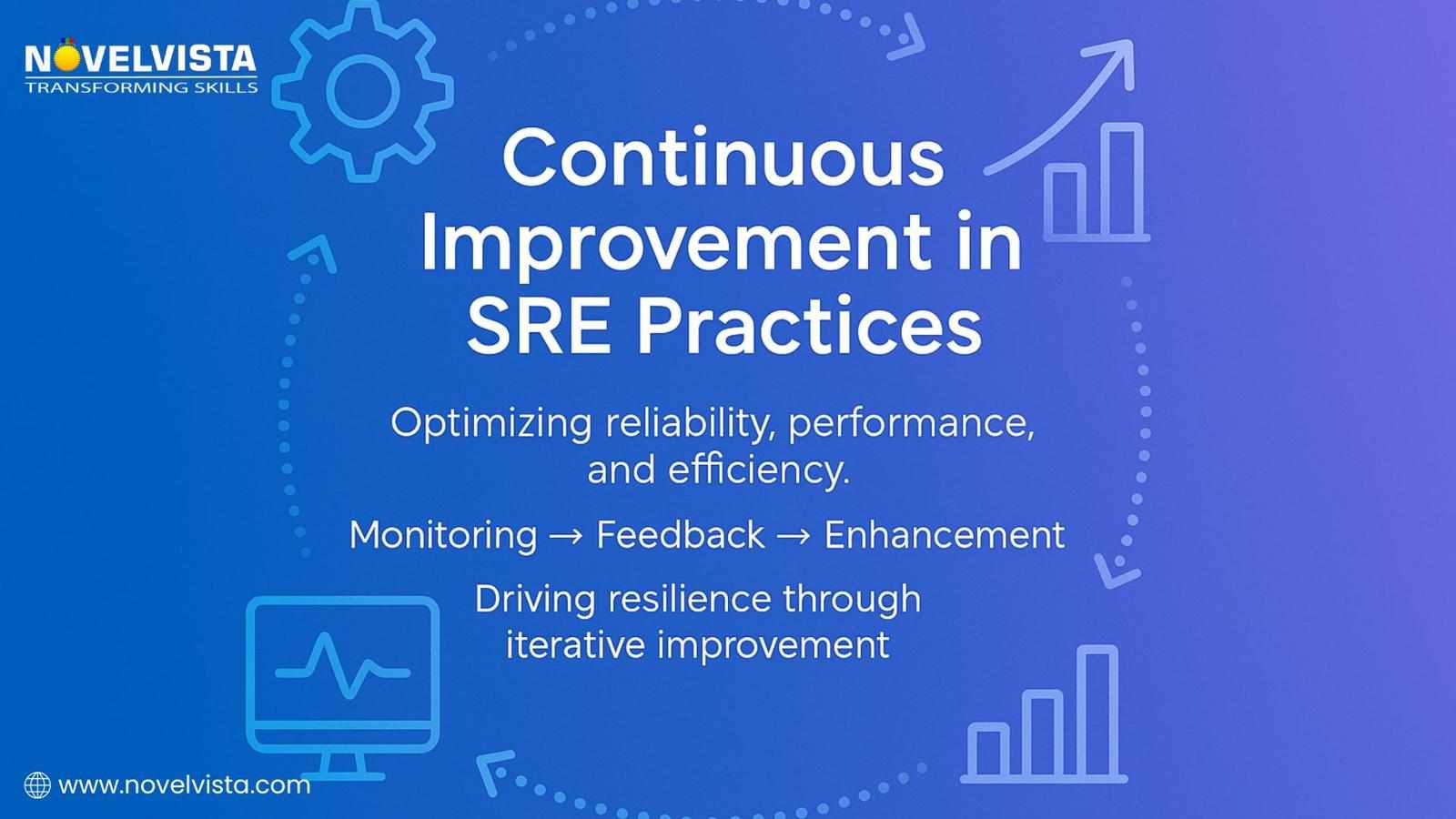
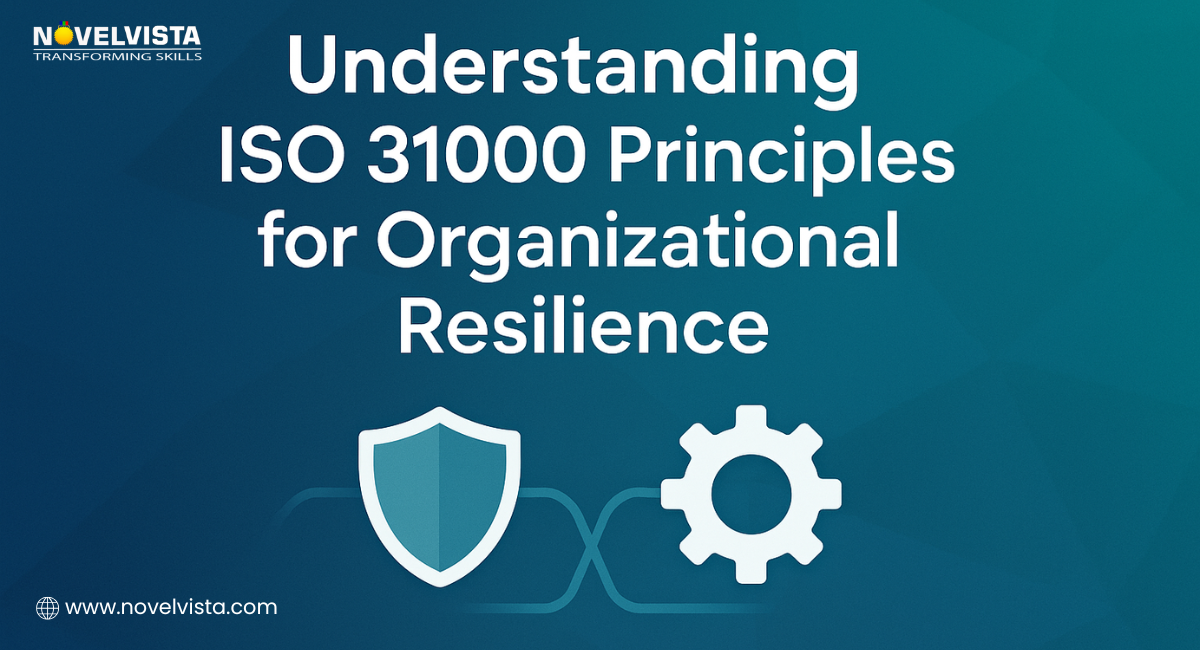


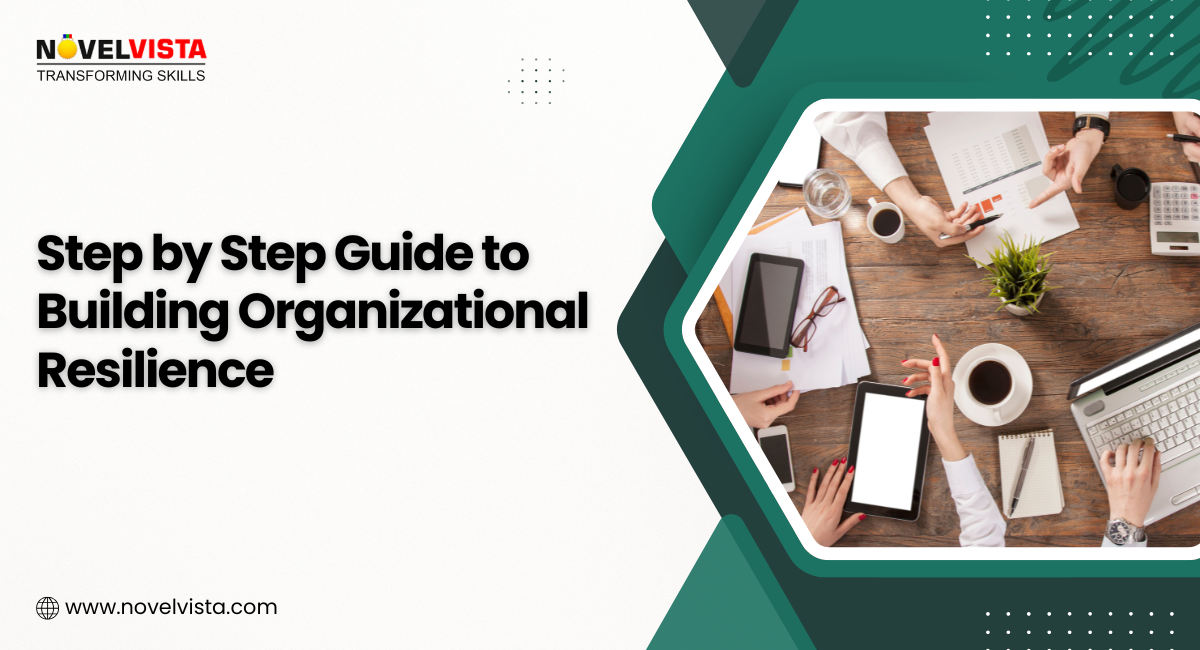







Write a comment ...